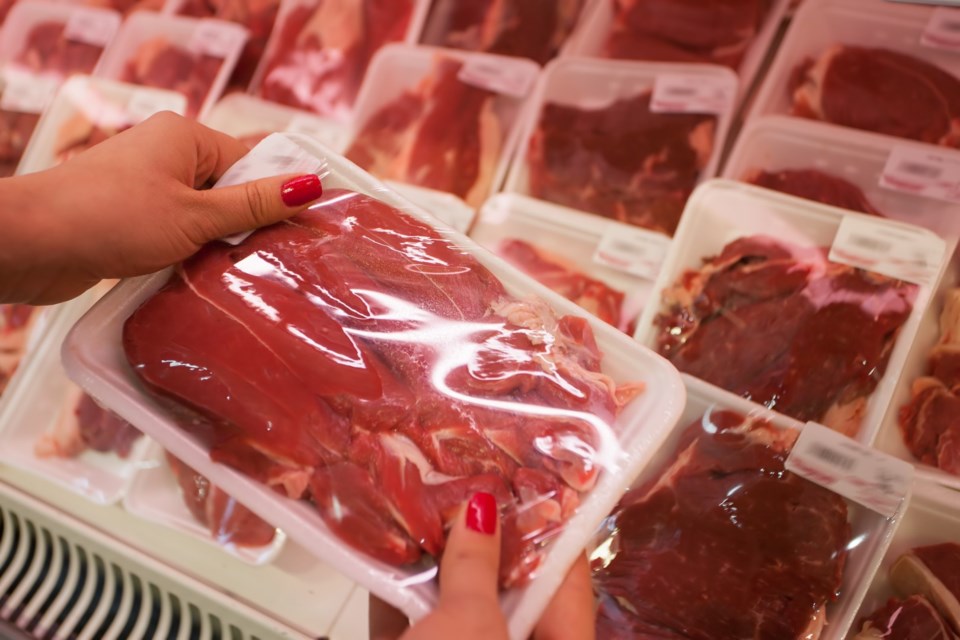WESTERN PRODUCER — One trade door has opened while another remains firmly shut for Canadian beef exports.
Japan has lifted its final BSE-era trade barrier to beef imports but the United Kingdom has said it will keep its market closed despite signing an international trade deal of which Canada is a member.
Japan recently lifted its ban on the import of Canadian processed beef products, the last restriction imposed by the country following Canada’s 2003 BSE crisis.
Tyler Fulton, Canadian Cattle Association vice-president said it was a small but significant step in the gradual reduction of restrictions.
“The market is relatively small for processed beef in Japan from Canada. Over the last 50 years, we’ve made good advancements in access that has been a driving factor behind our beef industry in Canada,” he said. “These incremental things, while they don’t appear to be big deals, they are the reason why we’ve been able to maintain the size of the industry that we have and grow a larger value that can flow back to producers.”
Half of Canadian beef is destined for the export market, he added, which has recognized the product as safe and of high quality. That recognition, he said, is a major reason why the CCA will oppose the U.K.’s participation in the Comprehensive and Progressive Agreement for Trans-Pacific Partnership (CPTPP).
“This is a bad agreement for beef producers,” said Fulton of U.K.’s application for inclusion in CPTPP.
The free trade agreement between Canada and 10 Asia-Pacific countries is being touted by the U.K. government as a partial replacement to that country’s loss of access to European markets after it left the European Union.
But the current U.K. requirement that only hormone-free beef can be imported into the country has effectively curtailed Canadian products from that market, while also having a quota.
Fulton said Canadian beef producers have been able to work to meet the U.K.’s hormone-free requirement over the past decade as part of the Canadian-European Trade Agreement. But the U.K.’s beef hygiene requirements have been a barrier.
“What it comes down to is a carcass wash that is the gold standard in the world for ensuring extremely limited pathogens and it is just a feature of our food safety system here in Canada,” he said. “They refuse to consider that as not being acceptable to them even though the threshold of food safety of the requirement of pathogen management is much higher in Canada in that it’s more stringent than in the U.K.”
Fulton said CPTPP has been a good agreement for Canadian beef producers overall, citing the increase of beef shipments to Japan by more than 190 percent in recent years as an example.
“We’re supportive of following the same principles that govern that agreement in allowing new participants into that CPTPP deal as long as the spirit of that agreement, which is open and reciprocal access, was maintained,” said Fulton, adding the U.K. hasn’t met that threshold.
“They’ve effectively added more non-tariff trade barriers that make it more difficult for Canadian beef to access their market while U.K. beef is moving into Canada currently with unlimited potential.”
Other beef-producing countries within the CPTPP have been able to negotiate full quota-free access to U.K. markets, he added, calling that unfair to Canadian producers.
“Our big issue is there is a double standard and it’s just not fair,” said Fulton, stating U.K.’s accession to CPTPP will require ratification by the Canadian Parliament. “Our next step is to work hard in communicating the issue to all parliamentarians to ensure they do not pass this law because it is fundamentally unfair.”

